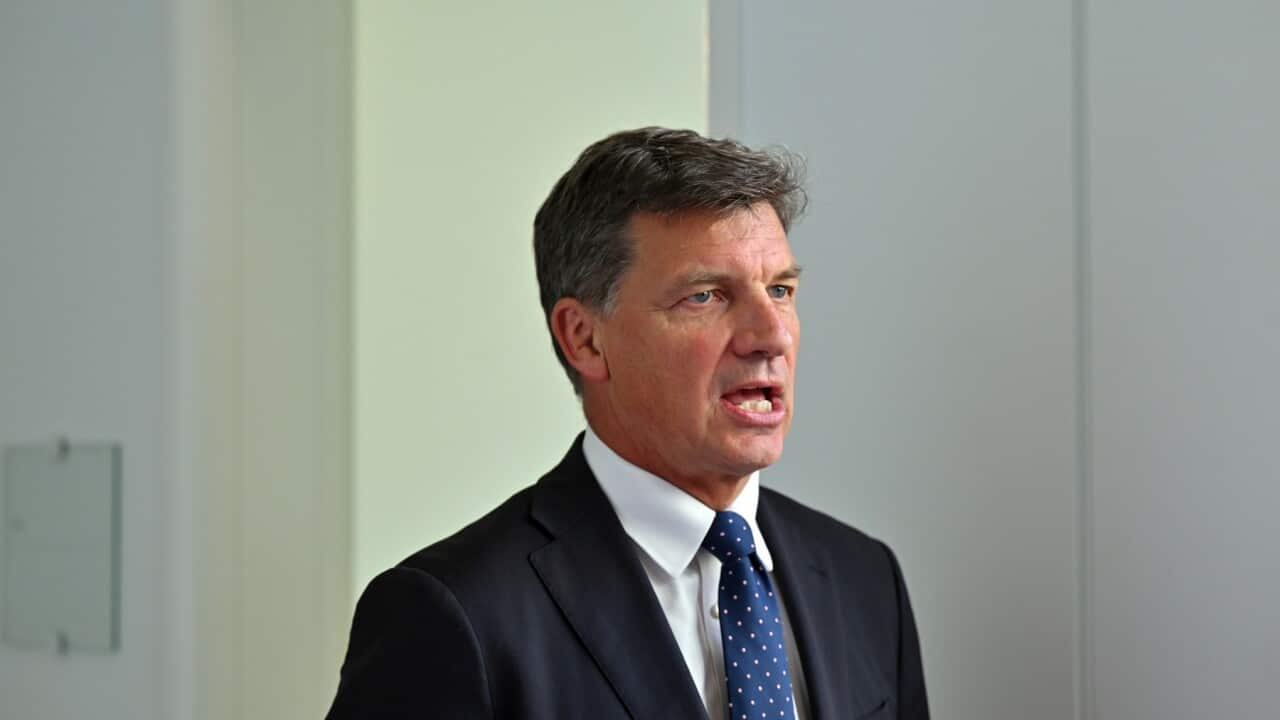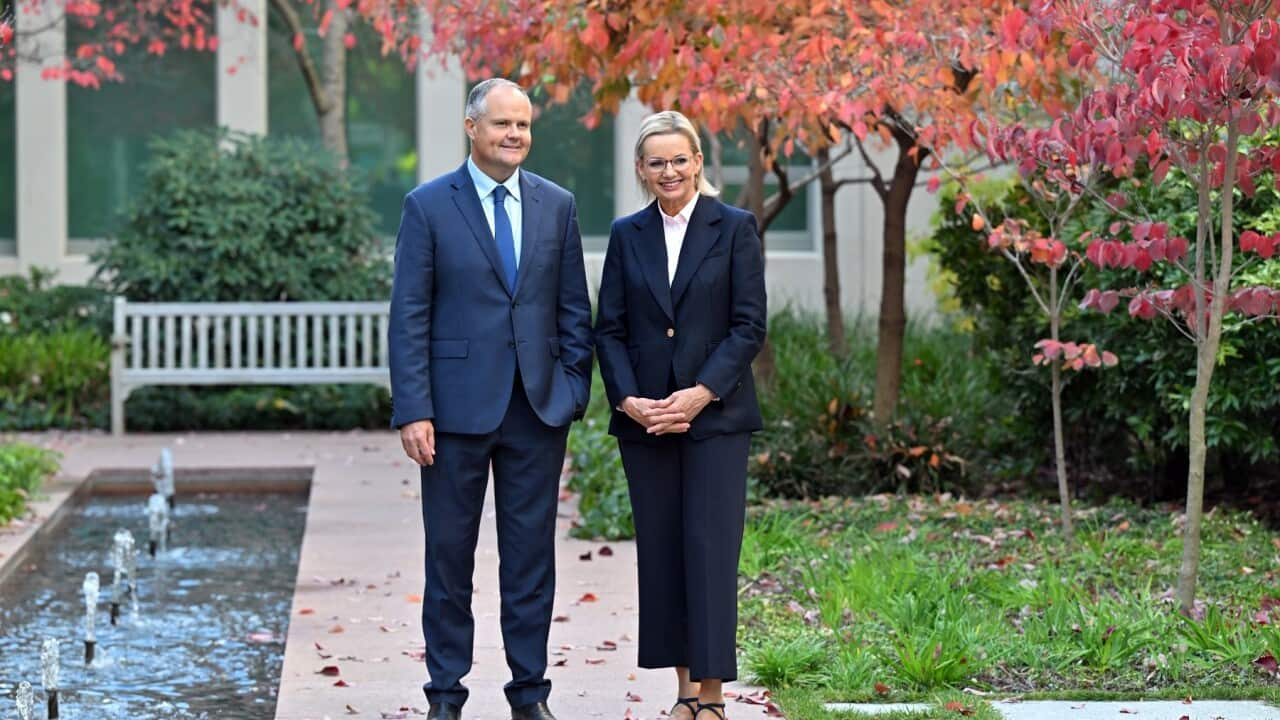TRANSCRIPT
"They need to come clean about what they're costing is because we know it's red hot. This is the worst, sloppiest policy put forward by any Opposition that I've seen in my entire time since I've been in parliament, and that was a while ago."
That's Prime Minister Anthony Albanese with some strong words about the Coalition's so-called long lunch policy.
The proposal would allow businesses with a turnover of less than $10 million a year to claim a tax deduction of up to $20,000 for business-related meal and entertainment expenses.
That means that they could write off the cost of taking clients and staff out for lunch or dinner, although alcohol would not be covered.
It's not a new policy - businesses were able to claim entertainment expenses up until the 1980s.
When launching the policy, Opposition Leader Peter Dutton said it would have multiple benefits for businesses.
"It means the builder with five or six of his or her tradies can go down to a local restaurant, or to a local club or pub at the end of the week to celebrate a week of hard work. It means that money is spent in those small businesses. And again, as I say, it's an incredible win for businesses on both sides of this equation. It’s a win for the hospitality venues who will see an increased spend in their businesses."
But when he made the announcement, it didn't come with costings.
Now, Treasurer Jim Chalmers has taken matters into his own hands.
"Peter Dutton wants Australian workers and taxpayers to foot the bill for their bosses’ long lunch, and the bill will run to billions. We now know that to be the case. Now ordinarily, preferably, a responsible opposition would provide costings when they announce a policy. They haven't done that."
He says the department found the policy would cost $1.6 billion per year, and could cost $10 billion a year if all eligible businesses claim the full amount.
Opposition Treasury spokesman Angus Taylor has criticised the move.
"We have a long standing custom in this country of not politicising the public service, but it is very clear today the treasurer is intent on doing exactly that. He has worked with Treasury to come up with figures that we think and know are absolute nonsense."
He says he has been working with the Parliamentary Budget Office, and that it would cost just $250 million a year.
The Office was established in 2012 as a non-partisan way to provide independents and parties across the parliament costings of policy proposals and analysis of the budget.
Most costings of non-government policies go through that office.
Mr Taylor says he will be contacting the department.
"I'll be writing to the Treasury Secretary Stephen Kennedy today, asking him for an explanation as to how this has come about."
Dr Chalmers says he is entitled to work with Treasury to possible issues with the budget.
"I would rather not have to do it. I would rather a responsible opposition provided the costings of their policy and told Australians what they were going to cut the pay for it. That hasn't happened. Part of my job is to understand risks to the budget, and this is a very substantial risk to the budget."
Bran Black from the Business Council of Australia says he supports the coalition's proposal, although he's more focused on broader changes to assist businesses.
"We support this measure from a small business perspective. We do back our colleagues, because they have identified this as a measure which they regard as being important. But we do think it's important with any expenditure that is proposed with respect to federal money to go through that productivity enhancing productivity assessment process."













